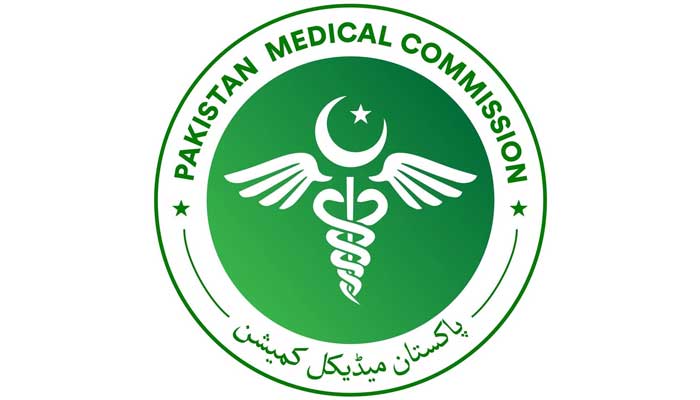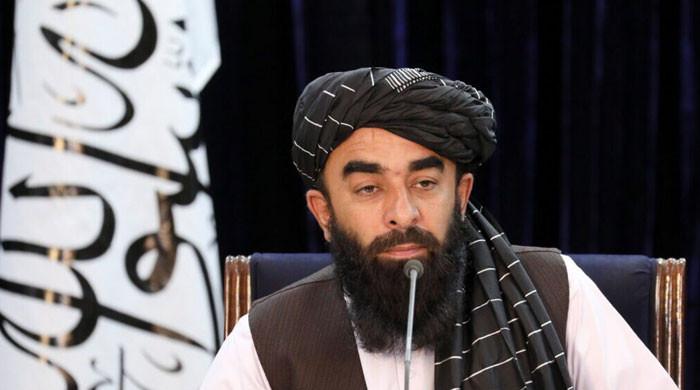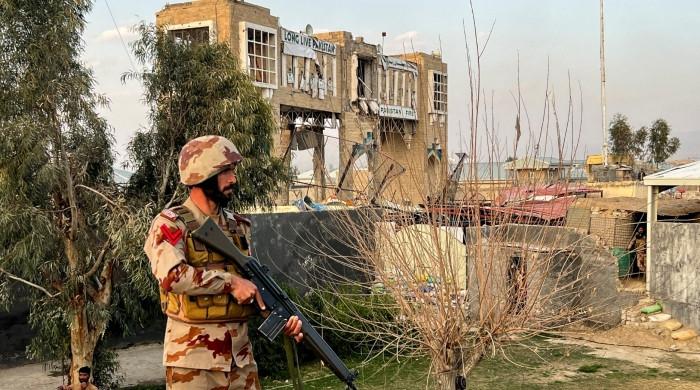PMC says MDCAT exam essential for ensuring level-playing field for students across Pakistan
PMC says that if each province wanted to have its own standards, regulators, no one will recognise a degree or licence from Pakistan
October 25, 2020

The Pakistan Medical Commission (PMC) has defended the medical and dental college admission test (MDCAT) before the Sindh High Court (SHC), stressing that it is essential to ensure a level playing-field for all students across Pakistan and to to set the merit for private and public medical colleges.
According to a report published in The News on Sunday, the PMC, while filing comments on petitions with regard to vires of Section 18 of the Pakistan Medical Commission Act, 2020, stated that higher education was not a provincial subject as the same was not devolved to them under the 18th amendment.
The medical commission highlighted that if each province wanted to have its own standards and regulators, no one in the world would recognise a degree or licence from Pakistan as there will be no uniform methodology to verify the same.
It also submitted that just as the citizens of Pakistan have the fundamental right to be provided health care, similarly, they also have the right to seek admission to a private college anywhere in Pakistan and Sindh could not curtail such rights.
In case the province wanted that as part of its additional criteria in addition to the MDCAT for admissions to public medical colleges, the PMC also informed court that it had not barred the provincial admission committee from taking any entrance exam for medical and dental colleges and universities.
Read more: PMC issues clarification regarding MDCAT in Sindh
On the promulgation of the PMC Ordinance, the PMC submitted that the petitioners’ contention against the ordinance was unjustified as Sindh had not objected on identical grounds when the PMDC Ordinance 1962 was repealed after the passage of the 18th amendment.
The high court was requested to dismiss the petition as non-maintainable.
A division bench of the SHC headed by Justice Mohammad Ali Mazhar observed that law should be made without any ambiguity so that students may not suffer.
The court directed the counsel to advance their arguments in light of the PMC’s comments and adjourned the hearing till October 28.
Pechuho terms bill a 'disaster'
Previously, Health Minister Dr Azra Pechuho had said the parliament in its joint sitting had passed the PMC bill, which had earlier been rejected by a majority vote in the senate and was voted in when most of the opposition members were not present.
“Other than that, this bill will be a disaster for smaller provinces because it allows private medical colleges and universities to admit students irrespective of their domiciled province.”
Pointing out that a larger number of doctors — around 2,700 — get medical degrees from private colleges and universities, as there was no domicile bar for private institutions under the piece of legislation, the provincial minister had said: “Through this bill, most of the seats in Sindh in the private sector will be filled by students from Punjab, and on graduating, these doctors will go back to serve their home province, causing a shortage of doctors in Sindh.”
She had further reiterated that under this act the federal government had also notified a Medical & Dental College Admission Test, or MDCAT, for students joining medical colleges and universities.
The entrance tests will be designed by the Centre based on the federal curriculum when each province has its own boards and its own curriculum, so this will put the students from the provinces at a disadvantage, she had underscored.











